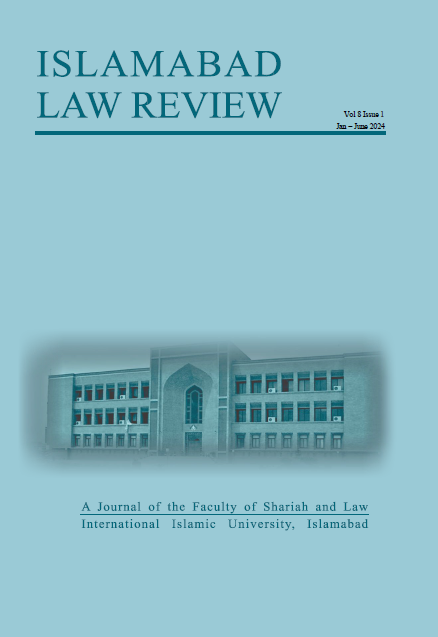The Judiciary during Benazir Bhutto’s Second Term (1993-1996): An Analytical Study
Abstract
This paper explores Benazir Bhutto's deep resentment and hatred against the judiciary, stemming from the execution of her father in April 1979. These feelings further deepened over judiciary silence in the face of human rights abuses during the eleven-year long tenure of Zia-ul-Haq’s regime. During this time, Benazir, along with other PPP leaders and workers remained behind bars for several years on political grounds but hardly obtained any relief from the judiciary. During her first term, the judiciary was largely hostile to her government and declined to restore it when it was dismissed in 1990. Against this backdrop, during second term in 1993, Benazir attempted to assert influence over the judiciary by packing it with like-minded judges which led to a confrontation between her government and the judiciary. This study will help in understanding the efforts made by political leaders to influence the judiciary, as well as the challenges they face in doing so. Utilising a qualitative methodology, this study conducts a comprehensive analysis of primary and secondary sources. The study also indicates that the judiciary has historically tended to exhibit submissiveness during military regimes, whereas civilian governments have often been unable to establish effective control over it.


